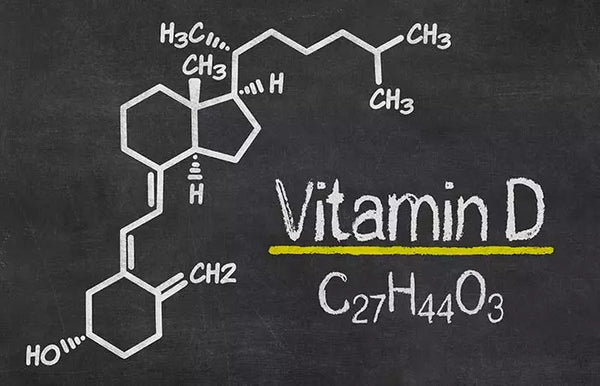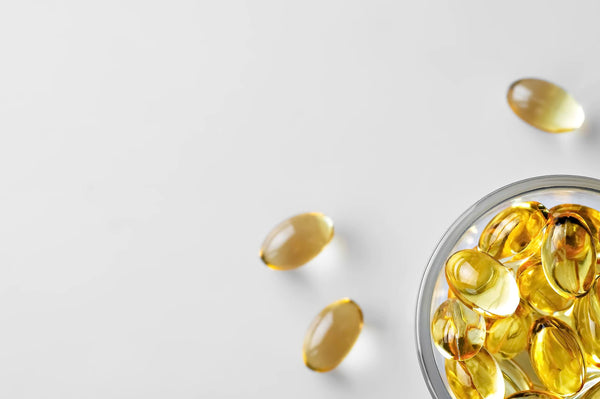
5 Types of Vitamins that are Good for Pregnant Programs

Having children is the goal and hope of every married couple. In fact, many couples are planning a pregnancy program to have children.
There are many ways that can be done in the pregnancy program. One of them is implementing a healthy lifestyle, both from the food you eat and exercising regularly, to consulting a doctor.
To support the pregnancy program, you need to get good nutrition and vitamins for the success of the pregnancy program. So, you are recommended to take several types of vitamins, so that they can help prepare the body while providing nutritional intake to the fetus.
These 5 Types of Vitamins are Good for Pregnant Programs
According to dr. Daud Kristianto, SpOG, Obstetrician and Obstetrician from Mayapada Hospital Bogor BMC, said that there are several types of vitamin content that are good for pregnancy programs.
Well, to find out more, here we have summarized it.
1. Folic acid is the most common requirement
Folic acid is a B-complex vitamin used by the body to make red blood cells.
According to cdc.gov, folic acid is very important because it can help prevent major birth defects in the baby's brain (anencephaly) and spine (spina bifida).
This type of vitamin has many benefits for the pregnancy program, you know. Folic acid is beneficial for fertility and pregnancy and is good for preventing abnormalities in the baby.
Folic acid can be found in nuts, avocados, natural orange juice, green vegetables, and cereals.
2. Vitamin D which can improve the quality of egg cells
Vitamin D functions to improve the quality and production of healthy eggs. In addition, vitamin D can also increase the chances of the embryo implanting in the uterus, and also as an antioxidant.
Citing shadygrovefertility.com, vitamin D has been linked to a variety of health benefits. For women who are trying to get pregnant, vitamin D is very good for fertility and makes a healthy pregnancy.
Vitamin D is produced by the body when exposed to sunlight, and can also be found in the healthy foods we eat. For example milk, cod liver oil, salmon, beef liver, and cereals.
3. Vitamin C can increase fertility
Quoted from parents.com, vitamin C can increase iron absorption and progesterone production. For women who have a luteal phase defect, a problem characterized by a lack of progesterone, adding vitamin C to your daily intake can improve fertility. In men, this vitamin helps improve sperm health and motility
Intake of vitamin C can be obtained from oranges, mangoes, strawberries, peas, tomatoes, and potatoes.
4. Vitamin E overcomes hormonal imbalance
One of the functions of vitamin E for the pregnancy program is to help thicken the thin uterine wall. The ideal thickness of the uterine wall is indeed important for conception and pregnancy.
In addition, vitamin E can also help overcome hormonal imbalances and slow metabolic processes.
In addition to supplements, vitamin E can also be obtained from avocados, sweet potatoes, green vegetables, whole grains, almonds, and peanuts.
5. Choline improves brain health in early fetal life
Choline is essential for promoting brain health in early fetal life. In addition, choline is also useful for preventing cognitive decline in the fetus.
However, overall, choline is very beneficial for improving health at all stages of fetal life, you know!
Choline can be obtained from a variety of foods and is generally in the form of phosphatidylcholine from lecithin. These include beef liver, eggs, fresh cod, salmon, cauliflower, broccoli, and soybean oil.
Those are some types of vitamins and good foods to increase the success of the pregnancy program. Don't forget to keep consulting the doctor, because every condition of women planning a pregnancy can be different from one another.






